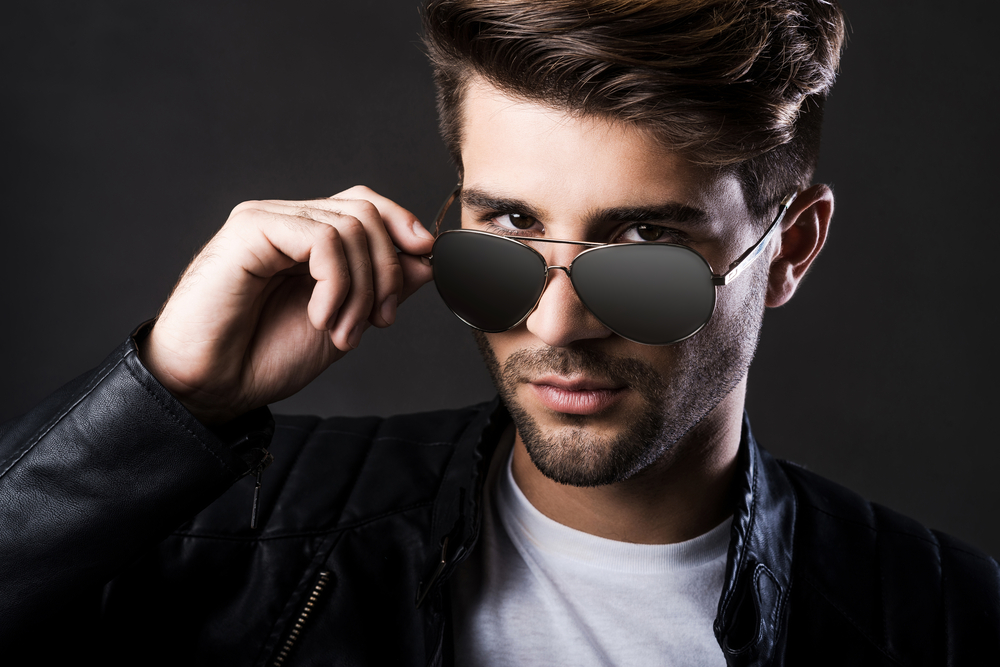
Have you experienced a gritty or sand-like feeling in your eyes while outdoors or working outside? If this occurs along with eye pain, eyelid twitching, eye redness, headache, or blurry vision, you must leave the sun immediately.
Some of the adverse effects of ultraviolet (UV) rays are often short-term and wear off soon after you've gone back indoors. But excessive or long-term exposure to even just small amounts of the sun's UV radiation can raise your risk of developing certain eye conditions. These include photokeratitis, cataracts, glaucoma, and macular degeneration.
Sunglasses: Accessory or Necessity?
Do you wear your sunglasses primarily to add a touch of glam to your OOTD (outfit of the day)? Well, there's nothing wrong with that. Sure, they look fashionable. But did you know that your sunglasses serve a more important purpose than just as an accessory?
You already know how UV rays can cause skin cancer. You must also be aware of how this invisible electromagnetic energy can cause a lot of damage to your eyes. Two kinds of UV radiation reach the surface of the Earth, which can harm your eyes. These are UV-A and UV-B. While the former can cause premature aging of your eyes and skin, the latter can potentially result in snow blindness, cataracts, sunburns, and skin cancer. Since you can't apply sunscreen to your eyes, you need to wear UV-blocking sunglasses to protect them.
Preventing Sun-related Eye Health Problems
Your eyes are delicate and very sensitive. Overexposure to UV rays may lead to a variety of health issues. While some are only mildly irritating, others can be painful and serious. Wearing a pair of high-quality sunglasses is crucial in keeping you safe from harmful radiation.
Today's sunglasses come in all shapes and sizes. But the most important factor is the quality of the lens and the UV protection it offers. When buying sunglasses, choose a pair that has a UV 400 label on them. These will effectively block nearly 100 percent UV light, including UV-A and UV-B light.
Fortunately, UV 400 eyewear is available at a wide range of prices, depending on the brand. A good pair of UV-blocking sunglasses can cost as little as $10. However, some brands can cost as much as $500.
Other Considerations
Ordinary, untreated sunglasses give some UV protection. But lenses made of plastic provide a better amount of UV filter coverage compared to glass. Some plastic materials, like polycarbonate, prevent most UV light from reaching your eyes. Photochromic lenses, on the other hand, offer full protection against UV light.
A professional may apply UV coating to most sunglasses without altering the appearance of the lenses. But keep in mind that even a treatment that blocks 100 percent UV radiation will not shield the eye from light that arrives around the lenses. So, wrap-around frames are highly recommended for those who spend a lot of time outdoors, especially during summer. These frames give extra eye protection from damaging UV rays.
Are you looking for the right pair of sunglasses for your upcoming getaway? At Manheim Family Eye Care, we have a wide selection of stylish sunglasses that will not only match your look and personality but also keep your eyes safe. Visit our clinic today in Manheim, Pennsylvania. Call 717-423-8400.








